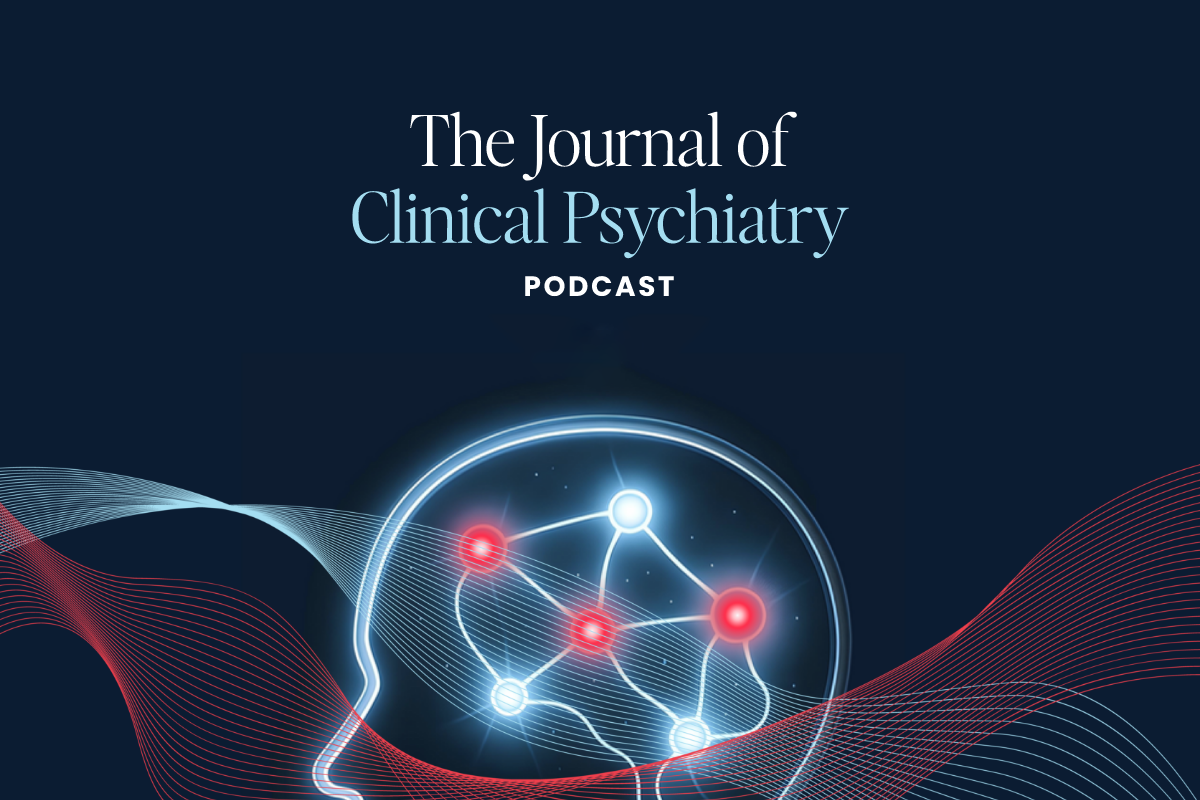An Australian study confirms what most of us have long suspected. Little, unremarkable, everyday actions can make huge, memorable differences not just to others, but to our own mental health.
Curtin University researchers who took a closer look at the Western Australia’s long-running “Act Belong Commit” campaign discovered that adults who often engaged in specific behaviors – such as exercising, helping others, or simply socializing – reported much higher rates of better mental health.
The study’s lead author, Professor Christina Pollard from the university’s School of Population Health, insists that what her team found is clear evidence that low-cost, accessible actions can make an outsized impact.
“These aren’t expensive programs or clinical interventions. They’re behaviors that are already part of many people’s lives and can be easily encouraged through public health messaging,” Pollard elaborated. “Regular connection with others, even a daily chat, can make a measurable difference to how people feel. Similarly, spending time outdoors or doing something that requires thinking and concentrating like doing crosswords, reading or learning a new language provides an important mental reset.”
Methodology
Conducted in the midst of the pandemic, the cross-sectional study included more than 600 West Australian adults. The research team quizzed participants about their mental health, lifestyle habits, and how often they engaged in more than a dozen behaviours linked to mental well-being. Researchers asked participants about mundane activities, such as spending time in nature, getting together with family and friends, and volunteering. They also covered less leisurely pursuits, which demanded concentration or more of a mental effort.
The researchers found that nearly 93% of participants showed no signs of likely psychological distress, according to the Kessler Psychological Distress Scale.
Additionally, mental well-being, which the authors gauged using the Warwick Edinburgh Mental Well-being Scale (WEMWBS), averaged 52.6 out of 70. That’s on par with pre-pandemic averages from countries like the United Kingdom.
Pollard argued that the results reinforce the public service campaign’s value as a “win-win” policy tool that’s both as equitable as it is cost-effective.
“Importantly, these are things most people can access without spending money,” she pointed out.
Additional Mental Health Findings
Even during the height of the pandemic’s stay-at-home restrictions, the study participants still reported high levels of engagement in the simplest behaviours, such as staying in touch with others and spending time outside.
Notably, the study also clocked gender behavioral differences.
- Women were more likely to make their mental health a priority by volunteering.
- Men were more likely to report taking part in more mentally challenging activities.
Age and financial stability also emerged as indicators of positive mental well-being.
Despite encouraging results, the study also highlighted areas for improvement. Fewer people reported attending local events or volunteering regularly. The authors commented that the aftershocks of the pandemic could play a part in that reticence. As a result, the researchers suggest that governments and other public health bodies could help promote these protective behaviors and foster environments that make it easier for more people to participate.
Promoting Mental Health Works
The Act Belong Commit campaign, which Western Australia officials kicked off in 2008, has since spread worldwide. And it persists as one of the few long-standing mental health promotion campaigns that has the research to justify its investment.
The Organisation for Economic Co-operation and Development (OECD) cited the campaign as a best-practice model in its 2023 review on policies for societal well-being. Earlier research has shown that campaign awareness in Australia exceeds 80%, with a significant uptick in the number of people looking for mental health support or professional help.
Their moral of the story – at least for policymakers – is clear. Prevention is possible. It’s affordable. And it’s within reach.
“This research confirms that when people are supported and encouraged to engage in mentally healthy behaviours, the benefits can be felt across the community,” Pollard concluded. “It’s about prevention, not just treatment, helping people stay mentally well before they reach crisis point.”
Further Reading
Loneliness is as Deadly as Obesity and Drug Abuse, Surgeon General Says
7 Lifestyle Habits Cut Risk of Depression by 57 Percent
Nocturnal Wakefulness and Suicide Risk in the Australian Population



